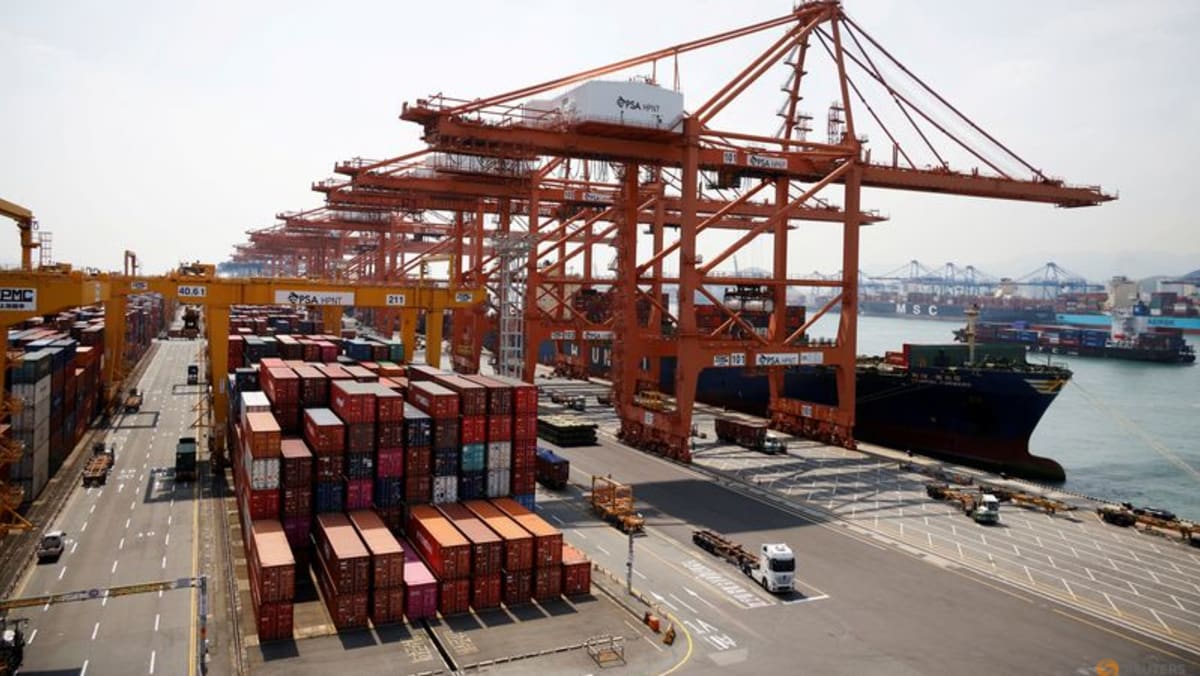SEOUL : South Korea’s factory activity shrank for a fourth month in May as frail domestic demand and the impact of U.S. tariffs took a heavy toll on factory output while overall orders plunged at their steepest pace in five years, a business survey showed on Monday.
The Purchasing Managers Index (PMI) for manufacturers in Asia’s fourth-largest economy, released by S&P Global, edged up to 47.7 in May, from 47.5 in April.
The index has stayed below 50-mark, which separates expansion from contraction, since February.
“South Korea’s manufacturing sector came into May on an unstable footing,” said Usamah Bhatti, economist at S&P Global Market Intelligence.
“Firms often mentioned that the contraction was attributed to a continuing stagnation in the domestic economy, as well the continued impact of higher U.S. tariffs on the home market as well as on key export markets.”
New orders suffered their steepest contraction since June 2020 while output fell at the quickest rate in just over two-and-a-half years.
U.S. President Donald Trump’s global trade war has added to already weak demand conditions in South Korea, which recently suffered its worst wildfires on record and has faced political turmoil.
The trade-reliant economy unexpectedly contracted in the first quarter, raising pressure on policymakers to shore up demand.
The Bank of Korea on Thursday cut rates for the fourth time in its current easing cycle and almost halved this year’s economic outlook to 0.8 per cent, just days ahead of a presidential election slated for June 3, citing downside risks from U.S. tariff policy as well as a sluggish construction sector.
The PMI survey also showed a fall in backlogs of work for the second month, with the most pronounced depletion in nearly five years in the face of subdued new orders.
On a brighter note, manufacturers turned optimistic, reversing the brief spell of negative sentiment in April, partly led by hopes of an easing in global trade tensions.
However, the degree of confidence was modest and reflected persistent concerns over the impact of tariffs.
